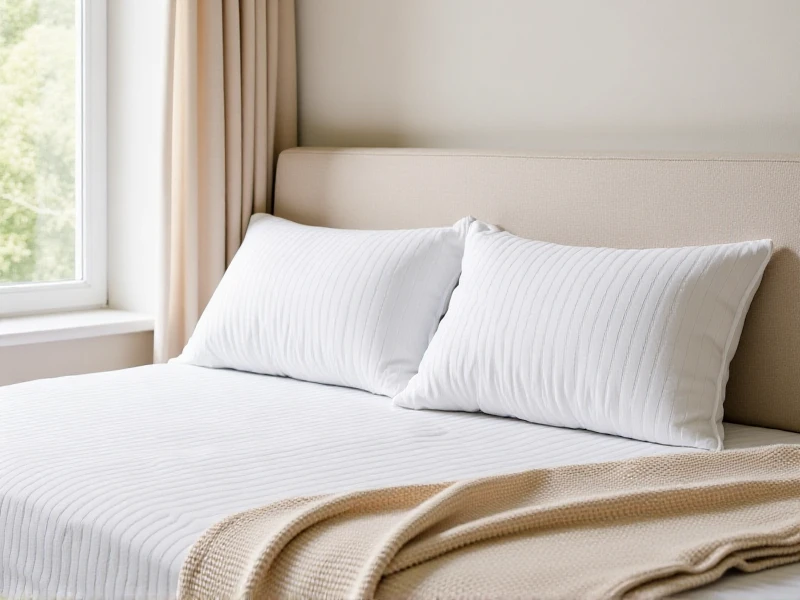
Exploring the Sustainable Evolution of Textiles
Textiles are the foundation of countless aspects of our daily lives, from the clothes we wear to the fabrics that adorn our homes. These versatile materials have shaped cultures and economies for millennia, evolving from simple natural fibers to innovative synthetics. Today, the textile industry is undergoing a transformative shift toward sustainability, driven by consumer demand for eco-friendly solutions. Natural textiles like cotton and wool offer unparalleled comfort and breathability, while synthetic options such as polyester provide durability and affordability. However, advancements now prioritize recycling and organic production, reducing environmental impact across the supply chain.
The rise of sustainable textiles is fueled by technological innovations. For instance, recycled polyester made from plastic bottles diverts waste from landfills, while organic cotton farming minimizes water usage and chemical pesticides. Additionally, smart textiles are emerging with embedded sensors for health monitoring or thermal regulation, showcasing how this field blends tradition with cutting-edge science. Consumers benefit from improved quality, longevity, and ethical sourcing. The global textile market continues growing steadily, with forecasts predicting a surge in demand for green alternatives as awareness spreads about climate-conscious choices.
For businesses and individuals alike, embracing high-quality textiles translates to long-term savings and reduced ecological footprints. Always choose verified certifications like GOTS (Global Organic Textile Standard) to ensure authenticity. Ultimately, the evolution of textiles highlights progress toward a more responsible future—where every choice contributes to a healthier planet. Start exploring sustainable options today to make a difference in your projects.